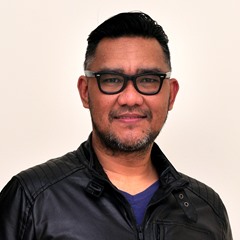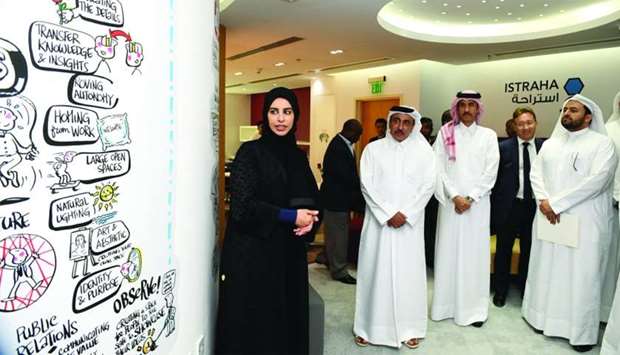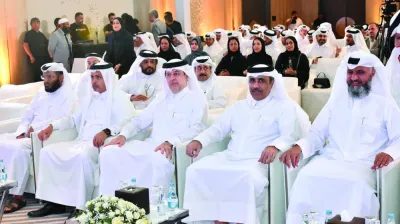Qatar is leading the process of digital transformation and achieving sustainable development in all sectors and in all pillars – economic, human, social and environmental, HE the Minister of Transport and Communications Jassim Seif Ahmed al-Sulaiti said on Sunday.
The minister made the statement after inaugurating the Tasmu Innovation Lab, which is headquartered at the Ministry of Transport and Communications (MoTC). The lab is a pioneering initiative that supports the Tasmu Smart Qatar Programme.
Set to raise Qatar’s profile as a technology innovation hub, the Tasmu Innovation Lab will create an open and inclusive environment that enables access, exploration, and ideation to develop tangible outcomes in focused areas on emerging technologies.
The lab leverages Qatar’s growing research and development ecosystem and acts as an orchestrator between government entities, researchers, and technology partners to develop and implement smart solutions across Tasmu’s five priority sectors.
“There is no doubt that catalysing the information and communication technology (ICT) ecosystem in Qatar and achieving the maximum benefit from the potential provided by advanced technology are the key pillars of this sustainable development.
“We are continuing our efforts to transform Qatar into a smart country through the principal initiatives of Tasmu, such as the Innovation Lab, in which we are supported by a collaborative and thriving ICT ecosystem,” the minister stressed.
He continued: “We are constantly working to attract the world’s leading technology companies, develop local champions and support startups, as well as advancing our technological capabilities that will enable us to innovate and develop more smart solutions.
“We are fully-aware of the technological development trends and today we hold a very good position that will enable us to boost the path of digital transformation and support our national economy.”
Similarly, Reem al-Mansoori, Assistant Undersecretary of Digital Society Development of MoTC, said: “As a platform to embrace creative research in the field of modern technologies, the lab will be a significant driving force for more technological innovations that will lead Qatar towards a prosperous future by accelerating the pace of developing ideas and turning them into a tangible reality, while providing the necessary advanced knowledge to catalyse the entire process of innovation.
“Our primary mission is to enhance the position of Qatar as a centre for technological innovation, and we are sure that achieving it will benefit all citizens, residents, and visitors to the country. Thanks to their passion for collaborative innovation, our co-founders have started this path with us to combine their skills, capabilities, and speed of implementation in creating innovative solutions that meet different future needs.”
Tasmu seeks to benefit from advanced technology and innovation to promote diversification of the economy and sustainable growth, while improving the quality of life for citizens, residents, and visitors in Qatar by placing all smart technology services within reach. The programme oversees the development and implementation of more than 100 projects that rely on smart and advanced technologies across five priority sectors, including transport, logistics, environment, healthcare, and sports.
The lab provides innovation-as-a-service, as it sponsors the innovation process from the concept development stage through to the final results. The lab also works to attract research and academic institutions and harnesses private sector capabilities to develop thinking skills and methods and increase knowledge in advanced concepts, product, and project development and building prototypes that enhance the final implementation of technological solutions.
It will also provide an opportunity for the stakeholders to see the results of their projects come to life through experiments which will be held in multiple pilot zones in Qatar, including Msheireb Downtown Doha, Lusail Smart City, Aspire Zone, Qatar Foundation, and UDC.
The pilot zones will be vital for testing and improving innovation projects in real life scenarios. These zones will provide a safe environment for projects such as self-driving cars and drones, to be effectively tested before commercialisation and viability where parallel legal and regulatory frameworks are developed in co-operation with the relevant authorities.




